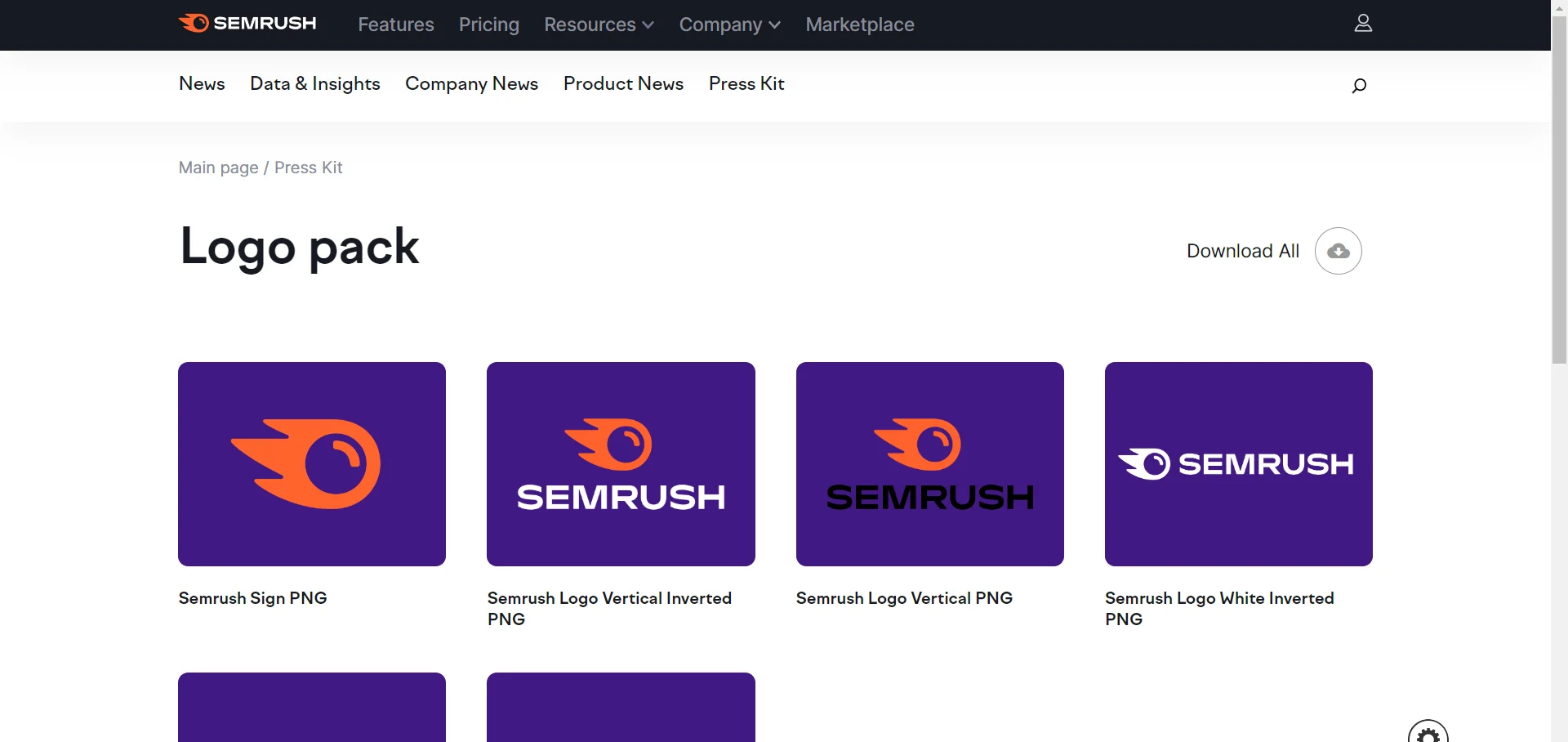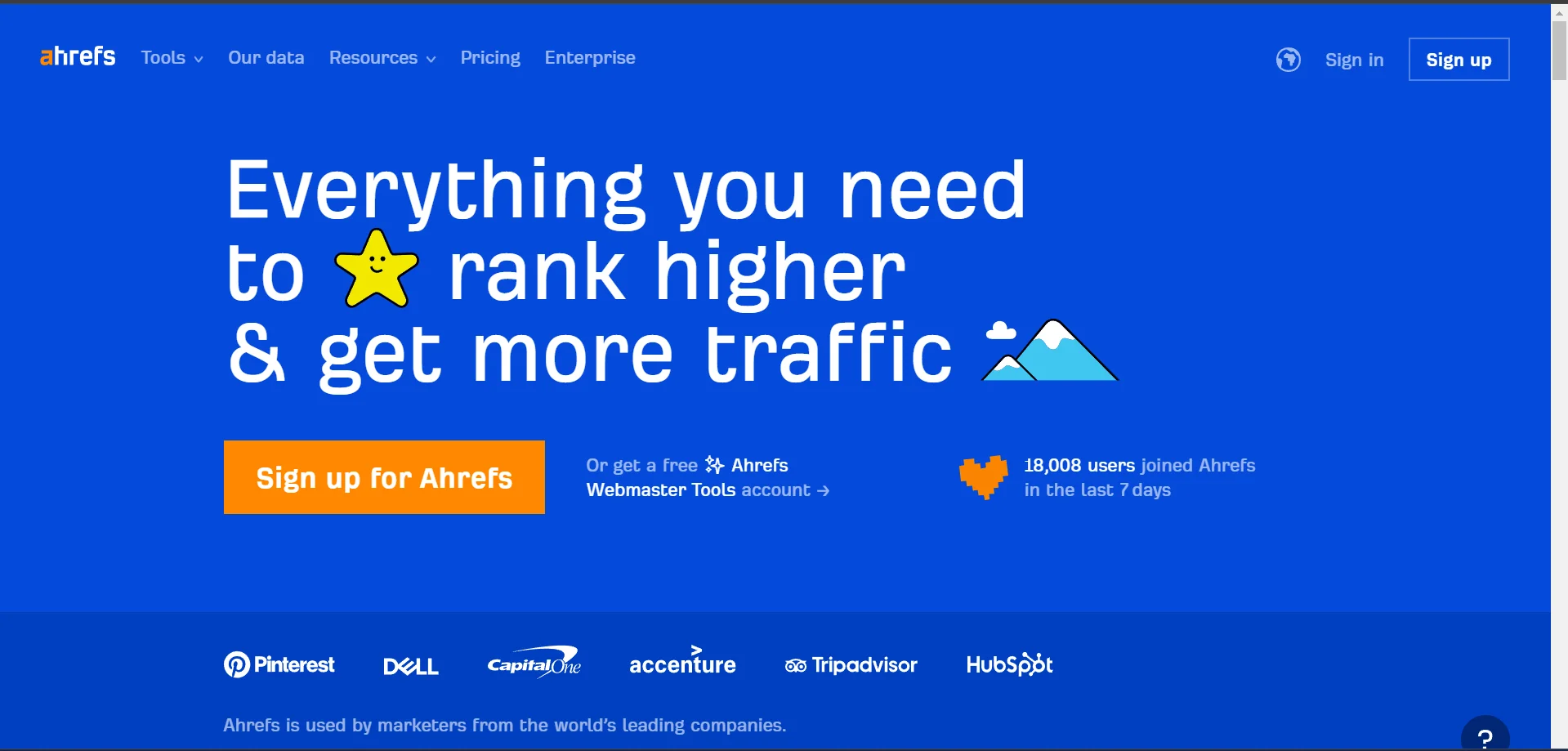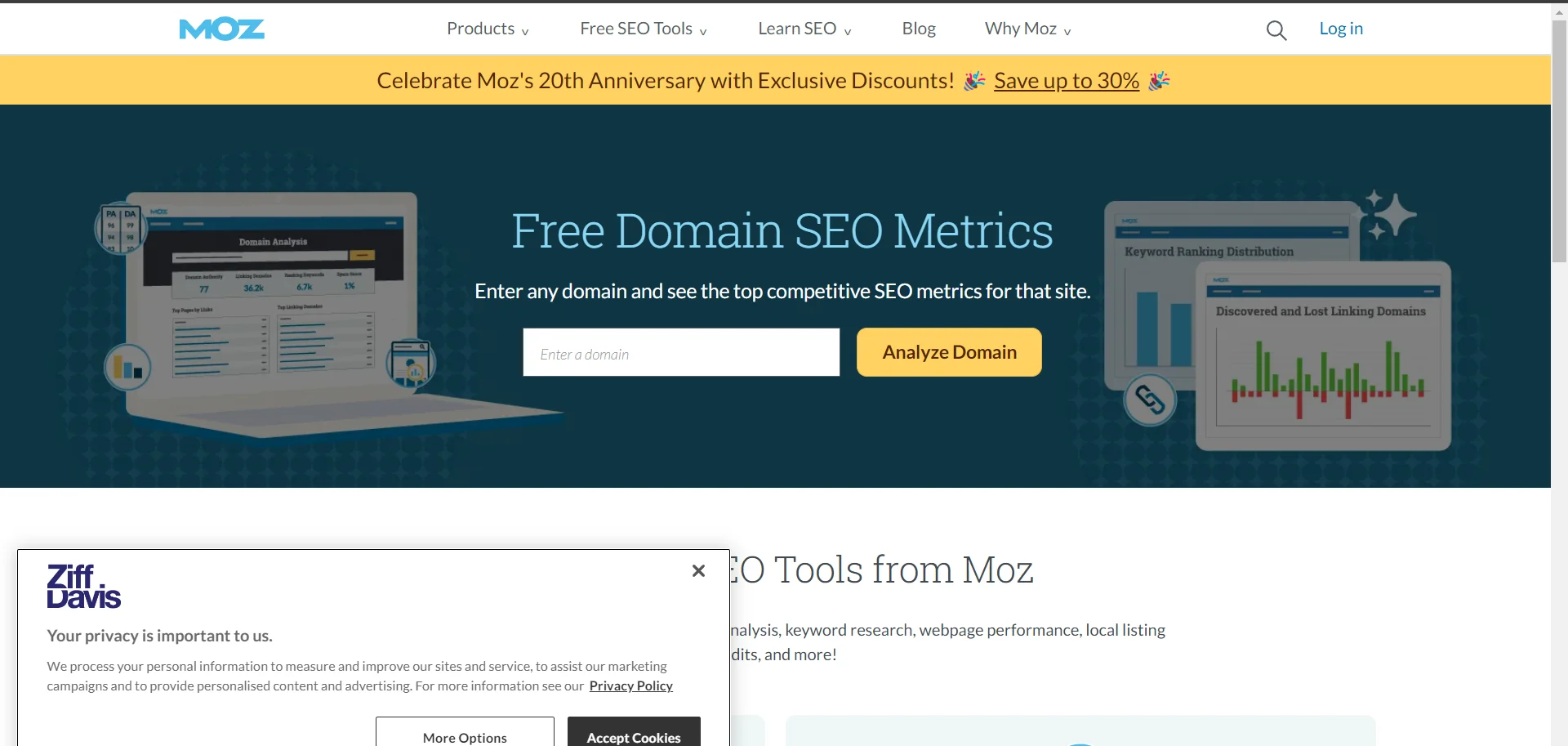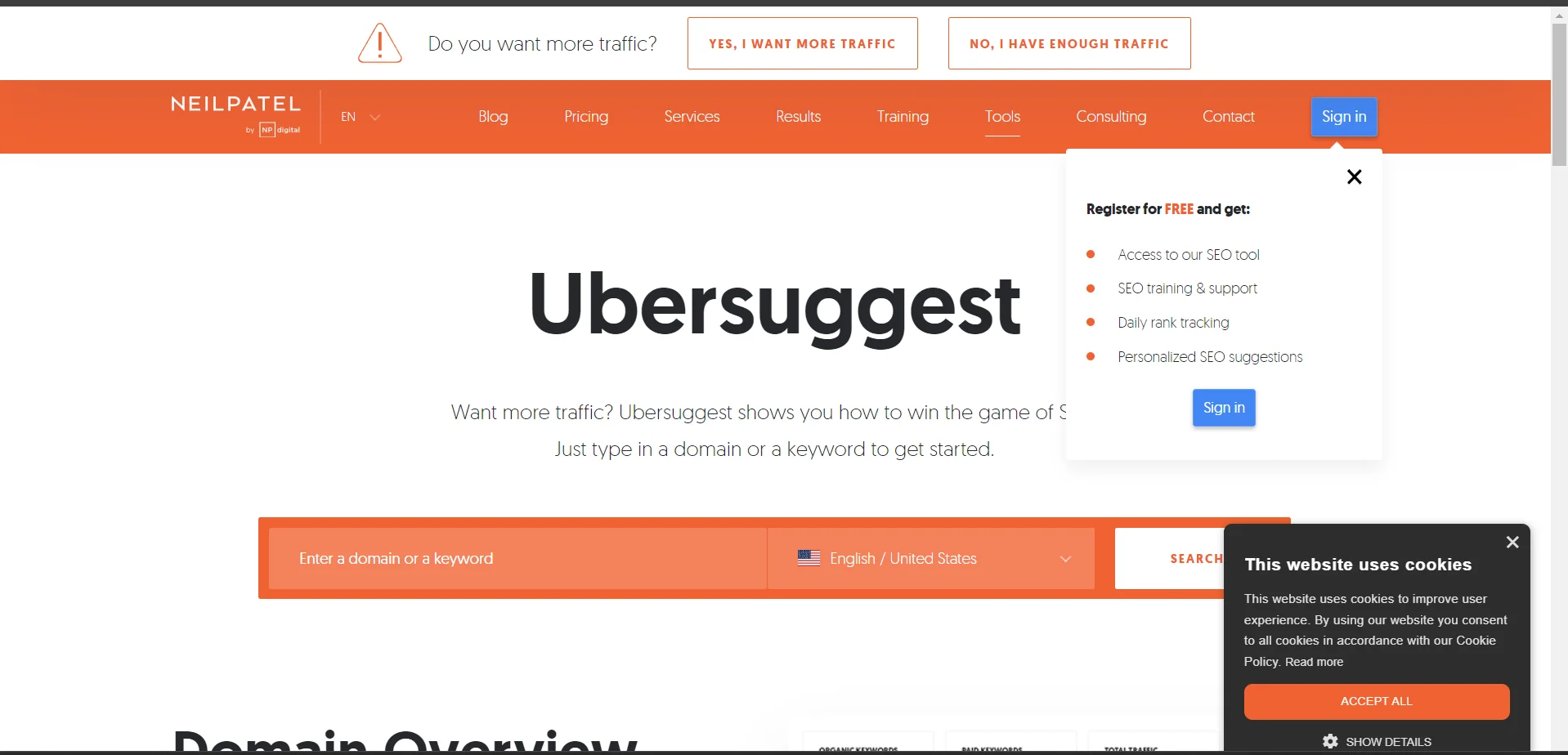Are you new to the world of online marketing or e-commerce? If that’s the case, you’ve likely come across the term “search engine optimization” (SEO) SEO of Online Store and Website plays a crucial role in determining your business’s success in the digital realm, where search queries dominate web traffic.
SEO encompasses a range of strategies, all centered around providing search engines, particularly Google, with a deeper understanding of your e-commerce website’s purpose and products. This, in turn, enhances the likelihood of your website appearing in search results when potential buyers are seeking products similar to yours, ultimately boosting your online visibility.
Let’s delve into the fundamentals of SEO of Online Store and Website, with a specific focus on e-commerce keyword research. The primary goal is to compile a valuable list of keywords strategically placed throughout your site, including in its construction, product descriptions, and blog posts. This process is instrumental in helping search engines comprehend the content on your website, leading to improved visibility, increased traffic, and ultimately, enhanced sales for your online store or any type of website. Explore the intricacies of SEO of Online Store and Website to ensure the success and growth of your online presence, particularly in the competitive landscape of e-commerce.
Understanding the Core of SEO:
SEO encompasses diverse strategies, but its essence lies in providing search engines like Google profound insights into your e-commerce website’s purpose and products. This, in turn, enhances the probability of your website appearing in search results when potential buyers seek items like yours, elevating your visibility in the vast online marketplace.
The Power of Keyword Research in SEO For Websites/stores:
The practice of keyword research is fundamental to search engine optimization. This technique ensure that researching the terms that prospective buyers use to find your products and improving your website and marketing language accordingly.
We begin our research on SEO by focusing on e-commerce-specific keyword research. The ultimate objective is to compile a list of crucial keywords that you can use as a reference when developing and optimizing your website, writing useful product descriptions, and producing blog posts.
Search engines choose one page to present from a wide range of results for each query. It becomes essential to carefully choose your keywords to make sure search engines can find and show your website for the most relevant keyword searches.
The Impact in Position of Search Result:
It is equally crucial to position oneself in the top spots as it is to appear on the first page of search results. The notable disparity in traffic share between the top page and the pages that follow is illustrated by a graph that displays the average traffic share and search result positions. A higher position is linked to more visitors and potential revenue.
If You Want To Set-up Shopify Store For Free :
 ” alt=”Logo” id=”logo”> ” alt=”Logo” id=”logo”> |
|
CLICK HERE TO SET UP YOUR SHOPIFY STORE NOW
🎨 Learn more:
BEST DIGITAL PRODUCTS TO SELL ONLINE
How to Identify the Right Keyword?
Before beginning your keyword research for your online store, familiarize yourself with the basic terms that are required for a comprehensive understanding.
1. Keywords:
In the context of SEO, keywords refer to specific words or phrases describing a web page’s content. They act as shortcuts, summarizing the essence of a page for search engines.
2. Longtail Keywords:
Comprising three or more words, these keywords constitute over 70% of online searches. Their specificity makes them effective, particularly for users closer to making a purchase decision.
3. Search Volume (Avg. Monthly Searches):
Measured in average monthly searches, this indicates the total number of searches for a particular keyword. Higher search volumes imply more potential traffic and conversion opportunities.
4. Competition:
Besides search volume, competition plays a pivotal role. It reflects the difficulty of ranking for a specific keyword. Ideally, choose keywords with high search volume and low competition.
Free Tools for Keyword Research:
When it comes to expanding your e-commerce SEO efforts, several tools can Ubersuggest is a free tool for researching keywords that offers useful data on trends, volume, and competitiveness. It gives you suggestions for long-tail keywords based on search queries and lets you find new keyword ideas. Ubersuggest also lets you assess the overall SEO success of your website by giving you data on social shares, backlinks, and domain authority. assist you in conducting keyword research and identifying new opportunities. These tools will provide you with valuable insights and help you stay ahead of the competition. Here are some recommended tools for expanding your e-commerce SEO strategy:
Google Keyword Planner:

SEMrush:
SEMrush is a feature-rich SEO tool that offers competitive analysis and thorough keyword research. It enables you to locate long-tail keywords, examine the ranks of your rivals, and spot fresh chances for organic traffic. Furthermore, SEMrush offers insightful analysis of your website’s organic search exposure along with optimization recommendations.
Ahrefs:
Another effective SEO tool with sophisticated keyword research features is Ahrefs. You can use it to look up keywords and evaluate their volume, difficulty, and traffic. Ahrefs also offers insightful information on the organic strategy of your rivals, including their backlink profiles and top-ranking keywords. You can use this knowledge to spot holes in your own plan and locate fresh chances.
Moz:
One popular SEO tool that offers tools for keyword research and analysis is Moz. It provides a keyword explorer tool to assist you in finding and assessing new keyword prospects. Moz also provides backlink analysis tools, on-page optimization tools, and thorough SEO reports.
Ubersuggest:
Ubersuggest is a free tool for researching keywords that offers useful data on trends, volume, and competitiveness. It gives you suggestions for long-tail keywords based on search queries and lets you find new keyword ideas. Ubersuggest also lets you assess the overall SEO success of your website by giving you data on social shares, backlinks, and domain authority.
Keep in mind that these resources are merely the beginning of your e-commerce SEO plan. It is critical to continuously assess and improve your keyword research to keep abreast of shifting consumer expectations and trends. You may create a thorough list of keywords that will improve the visibility of your website and bring targeted customers to your online business by making beneficial use of these tools.
🎨 Learn more:
TOP 10 STRATEGIES FOR EARNING MONEY ON SHOPIFY IN 2024
7 SHOPIFY HACKS THAT WILL INCREASE YOUR SALES
Conclusion:
Completing your keyword research is a significant milestone, but remember, the process of enhancing the SEO of your online store and website is ongoing. It takes time and patience to implement keywords and for search engines to adapt to these changes. Furthermore, the dynamic nature of SEO and evolving search engine algorithms necessitate regular reviews of your keyword research to ensure it remains accurate and up to date.
In summary, by investing time in strategic keyword research and incorporating chosen keywords thoughtfully across your site, you equip Google with a better understanding of your online store and website. This, in turn, enhances your visibility and aligns your business with the right searches. Stay proactive, adapt to changes, and routinely revisit your keyword research to ensure sustained success in the ever-evolving digital landscape.
















